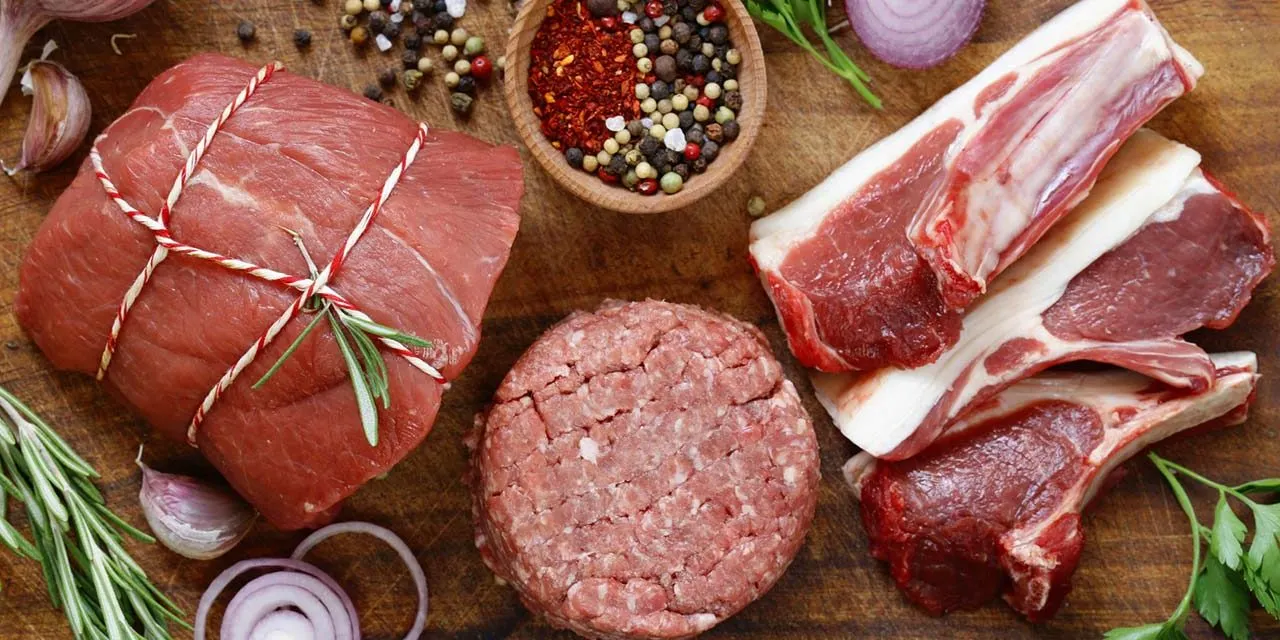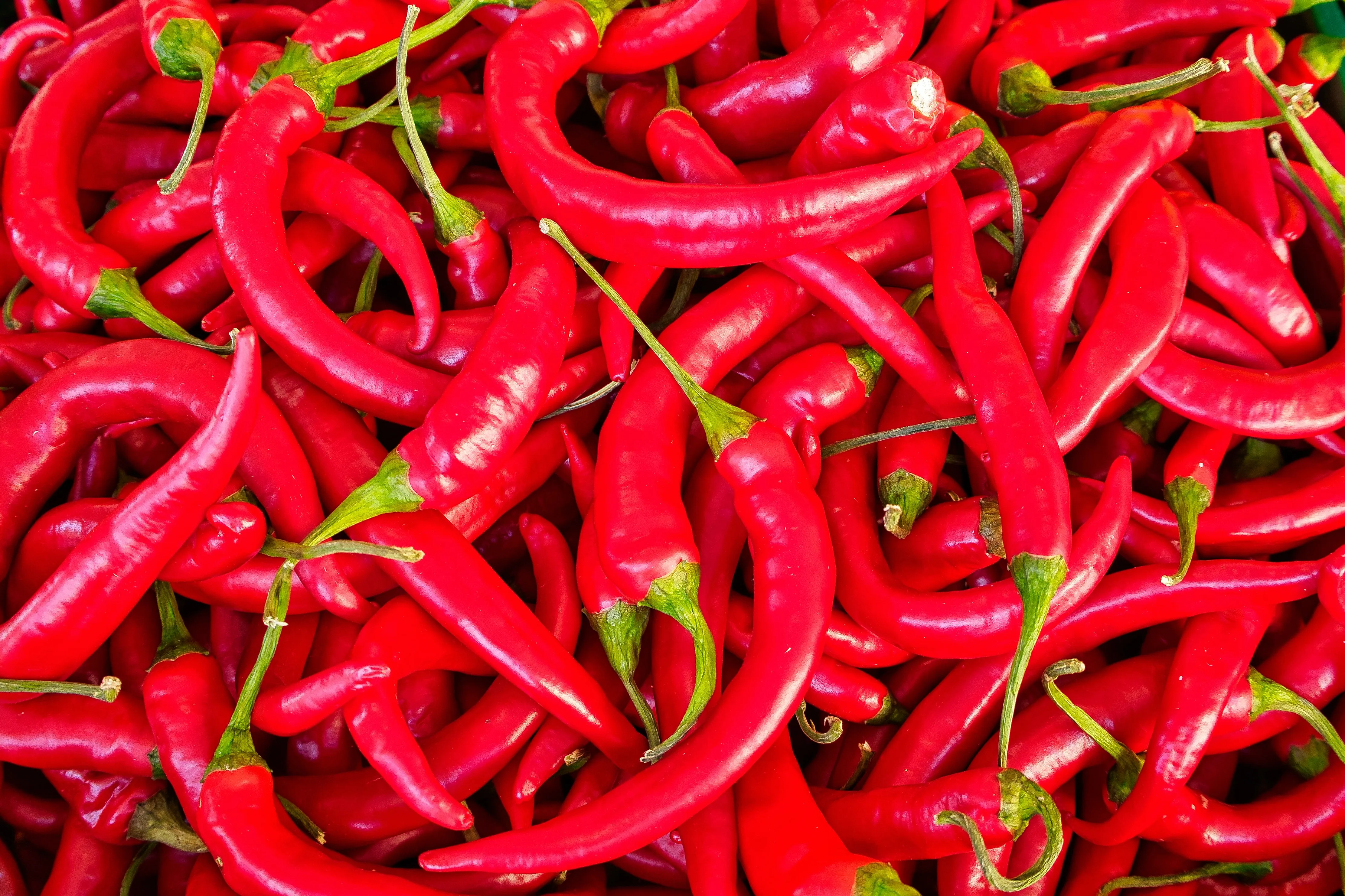7 Steps To Boost Metabolism And Burn Fat
Are you struggling to lose weight and looking for ways to boost your metabolism? Your metabolism rate determines the amount of energy your body needs to function. A slow metabolism rate can lead to weight gain, while a fast metabolism rate can help you burn calories and lose weight. In this article, we will discuss seven science-backed ways to boost your metabolism for burning fat.
#1 Exercise Regularly

Exercise is one of the most effective ways to boost your metabolism. Regular exercise increases your muscle mass, which results in an increase in your metabolism rate. Moreover, exercise helps your body to burn more calories, even when you are at rest. High-intensity interval training (HIIT) is one of the most effective types of exercises to boost metabolism. It involves short bursts of intense activity followed by a brief recovery period. Studies have shown that HIIT can increase metabolism for up to 24 hours after the workout.
#2 Build Muscle

Muscle tissue requires more energy to maintain than fat tissue, which means that the more muscle you have, the more calories you will burn at rest. Strength training is an effective way to build muscle, and it has been shown to increase metabolism for up to 48 hours after a workout. Resistance training is another way to build muscle and boost metabolism. It involves using weights, resistance bands, or bodyweight exercises to strengthen your muscles.
#3 Stay Hydrated

Drinking water is essential for your overall health, but it can also help you boost your metabolism. Studies have shown that drinking water can increase metabolism by up to 30% in both men and women. Drinking water before meals can also help you eat less, which can aid in weight loss.
#4 Get Enough Sleep

Sleep plays a crucial role in maintaining a healthy metabolism. Lack of sleep has been shown to disrupt hormones that regulate appetite and metabolism, which can lead to weight gain. Aim for at least 7 hours of sleep each night to keep your metabolism in check. Moreover, getting good quality sleep is also essential for a healthy metabolism. Sleep deprivation or poor quality sleep can affect your hormones, increase your appetite, and slow down your metabolism.
#5 Eat Enough Protein

Protein is essential for building and maintaining muscle mass, which can help you boost your metabolism. Moreover, protein has a higher thermic effect than carbohydrates or fats, which means that your body burns more calories digesting protein than it does digesting other macronutrients. Aim for at least 0.8 grams of protein per kilogram of body weight per day to keep your metabolism in check.
#6 Drink Green Tea

Green tea contains a catechin called epigallocatechin gallate (EGCG), which has been shown to increase metabolism. EGCG can help your body burn more calories, even when you are at rest. One study found that consuming 2.5 cups (625 ml) of green tea per day increased metabolism by 4% over a 24-hour period. Moreover, green tea is also a rich source of antioxidants, which can help protect your cells from damage caused by free radicals.
#7 Spice Up Your Meals

Spicy foods contain a compound called capsaicin, which has been shown to increase metabolism. Capsaicin can increase the number of calories your body burns by promoting the production of heat in your body. One study found that consuming 10 grams of red pepper (containing 0.3 grams of capsaicin) increased metabolism by 5% for up to 30 minutes after ingestion. Moreover, spicy foods can also help you feel full, which can aid in weight loss.
In conclusion, boosting your metabolism is essential for burning fat and losing weight. Incorporating these seven science-backedstrategies into your lifestyle can help you increase your metabolism rate and achieve your weight loss goals. However, it's important to note that these strategies work best when combined with a healthy diet and lifestyle. Here are some additional tips to keep in mind:
- Eat a balanced diet that includes plenty of fruits, vegetables, whole grains, and lean protein.
- Avoid crash diets and fad diets that promise rapid weight loss. These diets can slow down your metabolism and lead to nutrient deficiencies.
- Avoid sugary drinks and processed foods that are high in calories and low in nutrients.
- Manage stress through relaxation techniques such as meditation, yoga, or deep breathing exercises.
- Consult a healthcare professional before starting any new exercise or diet regimen, especially if you have any underlying health conditions.
Key Takeaways:
- Regular exercise, strength training, and HIIT can boost metabolism and aid in weight loss.
- Drinking enough water, getting enough sleep, and consuming enough protein can also help boost metabolism.
- Green tea and spicy foods can increase metabolism by promoting calorie burn and heat production.
- Combining these strategies with a healthy diet and lifestyle is essential for long-term weight loss and improved metabolism.
